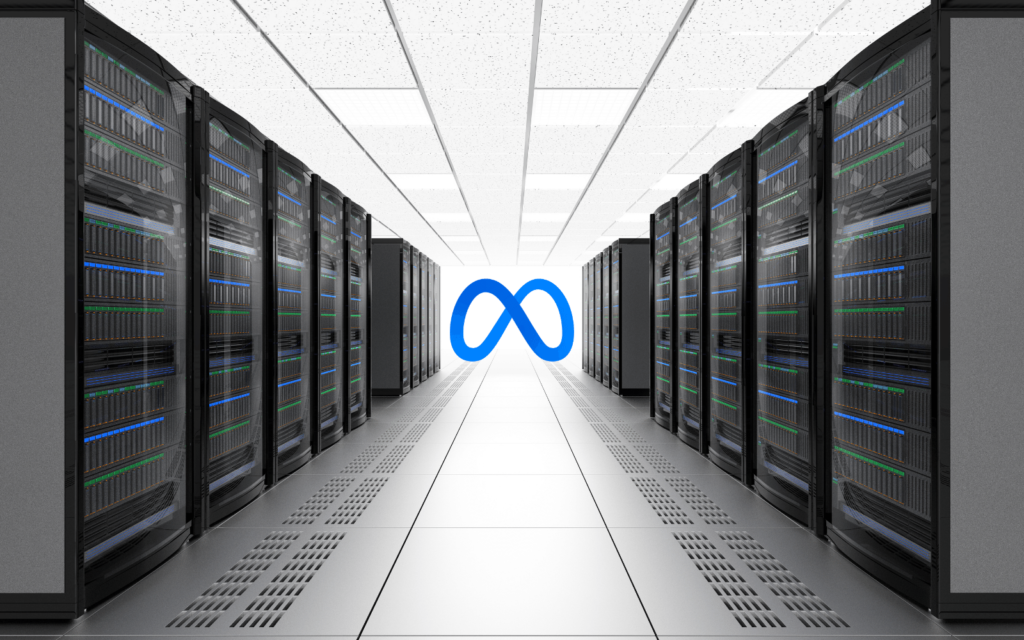Does Meta really need a supercomputer? The company formerly known as Facebook certainly thinks so. That’s why it has revealed the existence of its new AI Research SuperCluster, or RSC. This “next-gen AI supercomputer”, Meta says, is currently among the world’s speediest. And, when it’s complete later this year, it’ll apparently be the fastest supercomputer on the planet.
Supercomputers are something of a bragging point. Like sportscars for nerds, it’s all about how fast you can make it go without also melting it. Meta doesn’t go into any details about the hardware making up RSC, but it will be capable of “quintillions of operations per second”.
Meta gets physical with virtual reality
The point of the new supercomputer is considerably better defined. It will, “…help Meta’s AI researchers build better AI models that can learn from trillions of examples; work across hundreds of different languages; seamlessly analyze text, images and video together; develop new augmented reality tools and more.”
All of this is needed to a) better analyse the information the company collects from users, and b) develop metaverse applications. The company, perhaps aware of its reputation, is pitching RSC as a very good thing.
RSC will apparently help to prevent so-called ‘harmful content’ from cropping up online. Exactly how isn’t explained, but Meta seems optimistic it can overcome the issues AI-based moderation presents. “Multimodal signals” are supposedly the answer.
This suggests that Meta plans to teach its AI supercomputer to see and hear, in addition to reading ability. It’ll have to discern facial expressions and tone of voice, in a wide array of languages, in order to work as described. That’s… a tall order. It’s also how you build the Sentient Hyper-Optimized Data Access Network from System Shock.




